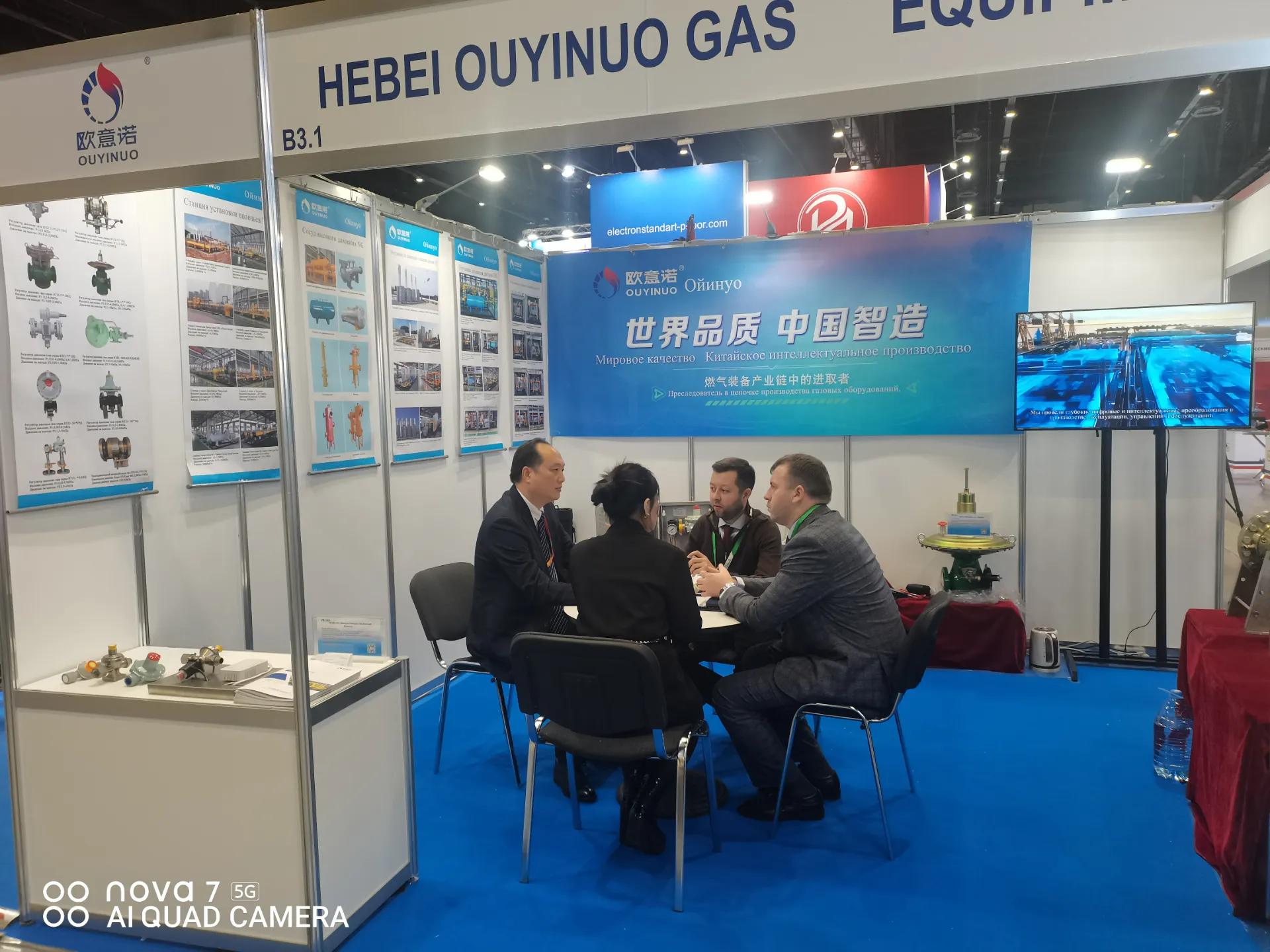
Dec . 04, 2024 16:29
Back to list
Natural Gas Safety Valves for Enhanced Protection and Efficiency in Gas Systems
The Importance of Natural Gas Safety Valves
Natural gas is a critical energy source that powers homes, businesses, and industries worldwide. However, with its extensive use comes the responsibility to manage its dangers effectively. One of the most vital components in ensuring the safe use of natural gas is the safety valve. This article delves into the significance of natural gas safety valves, their operation, types, and the crucial role they play in preventing accidents.
What is a Safety Valve?
A safety valve is a mechanical device designed to protect systems and equipment from excessive pressure. In the context of natural gas systems, safety valves are installed to ensure that pressure does not exceed safe limits. These valves automatically release gas when the pressure builds up beyond a predetermined threshold, thereby preventing explosions, leaks, and other hazardous situations.
How Do Safety Valves Work?
Safety valves operate based on the principles of pressure and force. Typically, they maintain a set pressure through a spring mechanism. When the pressure in a natural gas line becomes too high, the force exerted by the pressure overcomes the spring tension, causing the valve to open. This action allows gas to escape, thus relieving pressure and maintaining safety within the system. Once the pressure level drops back to the safe range, the valve automatically closes, ensuring that the system remains functional without hazards.
Types of Safety Valves
There are several types of safety valves used in natural gas applications, each serving specific needs
1. Conventional Safety Valves These are the most common types found in various applications. They are designed to discharge gas when excess pressure builds up and are typically adjustable.
natural gas safety valve

2. Pilot-Operated Safety Valves These valves use a pilot signal to control the main valve, allowing for more precise pressure management. They are often used in large systems where precise pressure control is necessary.
3. Thermal Safety Valves These valves are designed to act in response to excessive temperatures rather than just pressure. In scenarios of overheating, they will release gas, helping prevent fires or explosions.
4. Vacuum Relief Valves These are primarily used to prevent vacuum conditions from occurring in storage systems, which can cause structural failures.
The Importance of Regular Maintenance
Regular maintenance of safety valves is crucial for ensuring their proper operation. Over time, components can wear out, become corroded, or fail to function adequately due to dirt or debris. Routine inspections should include checking for signs of leaks, verifying correct pressure settings, and testing the valves themselves to ensure that they open and close as intended. Many regulations require regular testing and maintenance, and adhering to these guidelines can save lives and prevent costly damages.
Regulatory Standards and Compliance
Governments and regulatory bodies set strict guidelines and standards for the installation and maintenance of natural gas safety valves. These regulations are designed to ensure the safety of gas distribution systems, protect the public, and minimize environmental impact. Compliance with these standards is not just a legal obligation but also a vital part of corporate responsibility for gas companies and industrial consumers alike.
Conclusion
In the landscape of natural gas usage, safety valves stand as essential guardians against the dangers associated with gas pressurization. By understanding their operation, types, and the importance of regular maintenance, stakeholders can significantly mitigate risks. The integration of safety valves into gas systems enhances overall safety, protects property, and most importantly, saves lives. As the reliance on natural gas continues to grow, prioritizing safety through effective valve systems will remain paramount in maintaining the integrity of natural gas infrastructure. Through the diligent implementation of safety measures, we can harness the benefits of natural gas while ensuring the safety of our communities.
Latest news
-
Safety Valve Spring-Loaded Design Overpressure ProtectionNewsJul.25,2025
-
Precision Voltage Regulator AC5 Accuracy Grade PerformanceNewsJul.25,2025
-
Natural Gas Pressure Regulating Skid Industrial Pipeline ApplicationsNewsJul.25,2025
-
Natural Gas Filter Stainless Steel Mesh Element DesignNewsJul.25,2025
-
Gas Pressure Regulator Valve Direct-Acting Spring-Loaded DesignNewsJul.25,2025
-
Decompression Equipment Multi-Stage Heat Exchange System DesignNewsJul.25,2025

